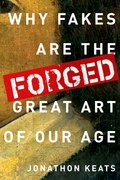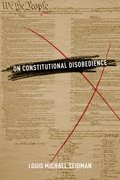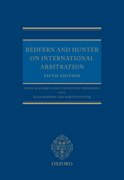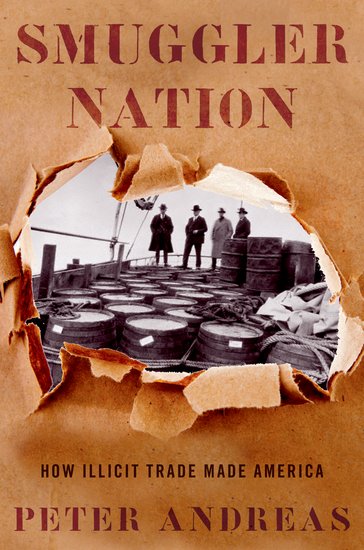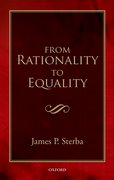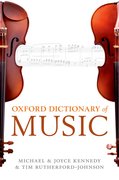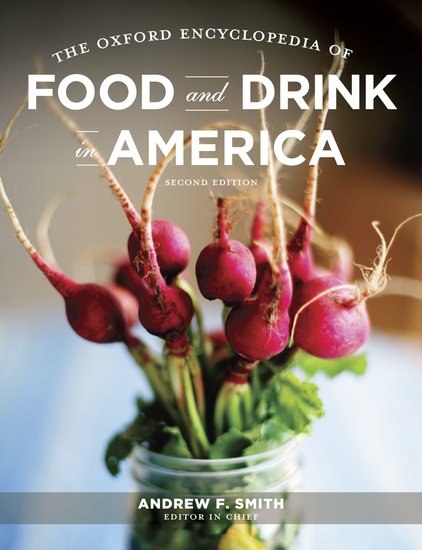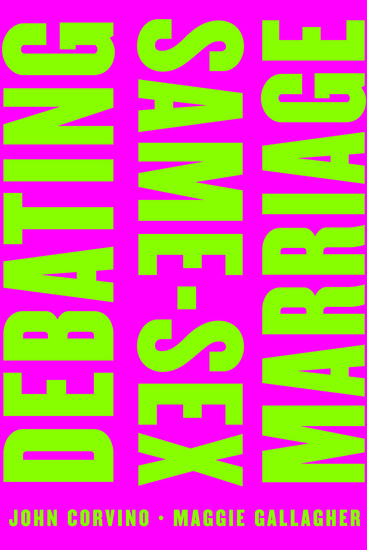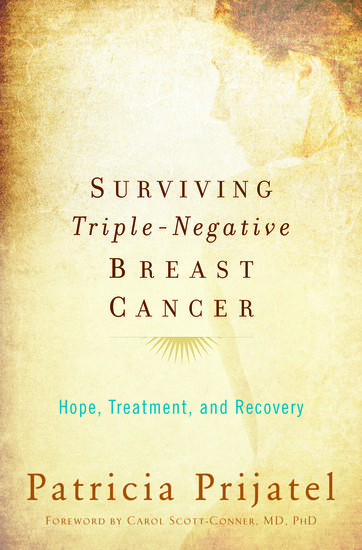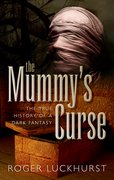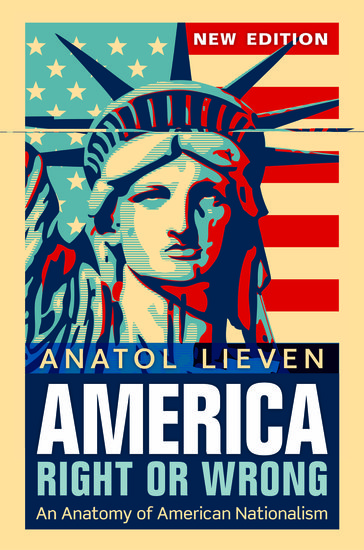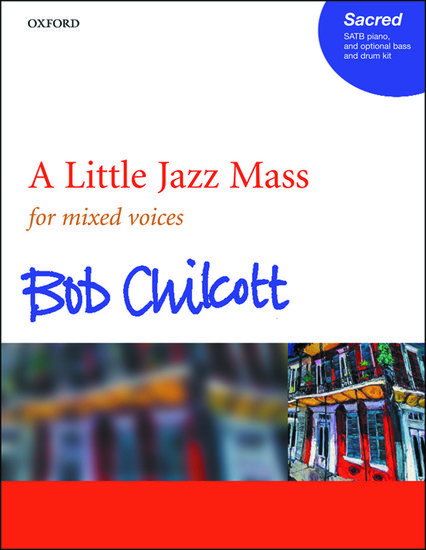Can art forgers be artists too?
Art forgeries are often decried for crime, but could they be considered art? Many young artists learn to copy old master before refining their own work, and contemporary artists often play with ideas of authorship. So can an art forger be considered a legitimate artist? Do they want to make a statement? What motivates art forgers to commit forgery? We spoke with Jonathon Keats, author of Forged: Why Fakes are the Great Art of Our Age. – See more at: https://blog.oup.com/2013/03/art-forgers-artists/?preview=true&preview_id=36324&preview_nonce=600140b224#sthash.OZRHQ9Ow.dpuf

